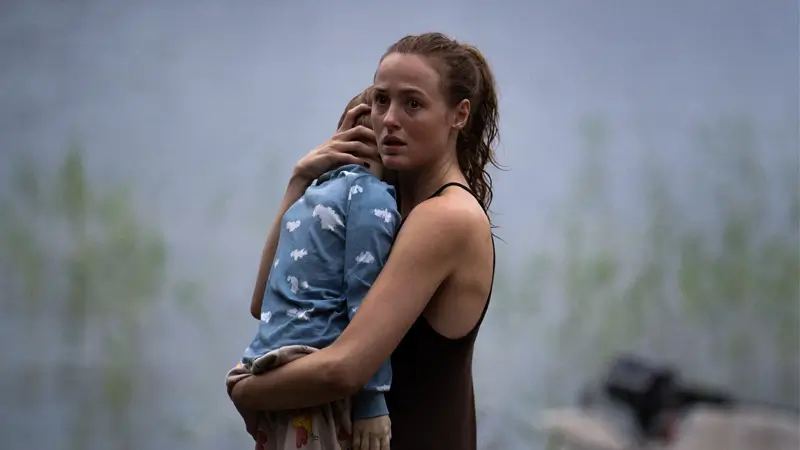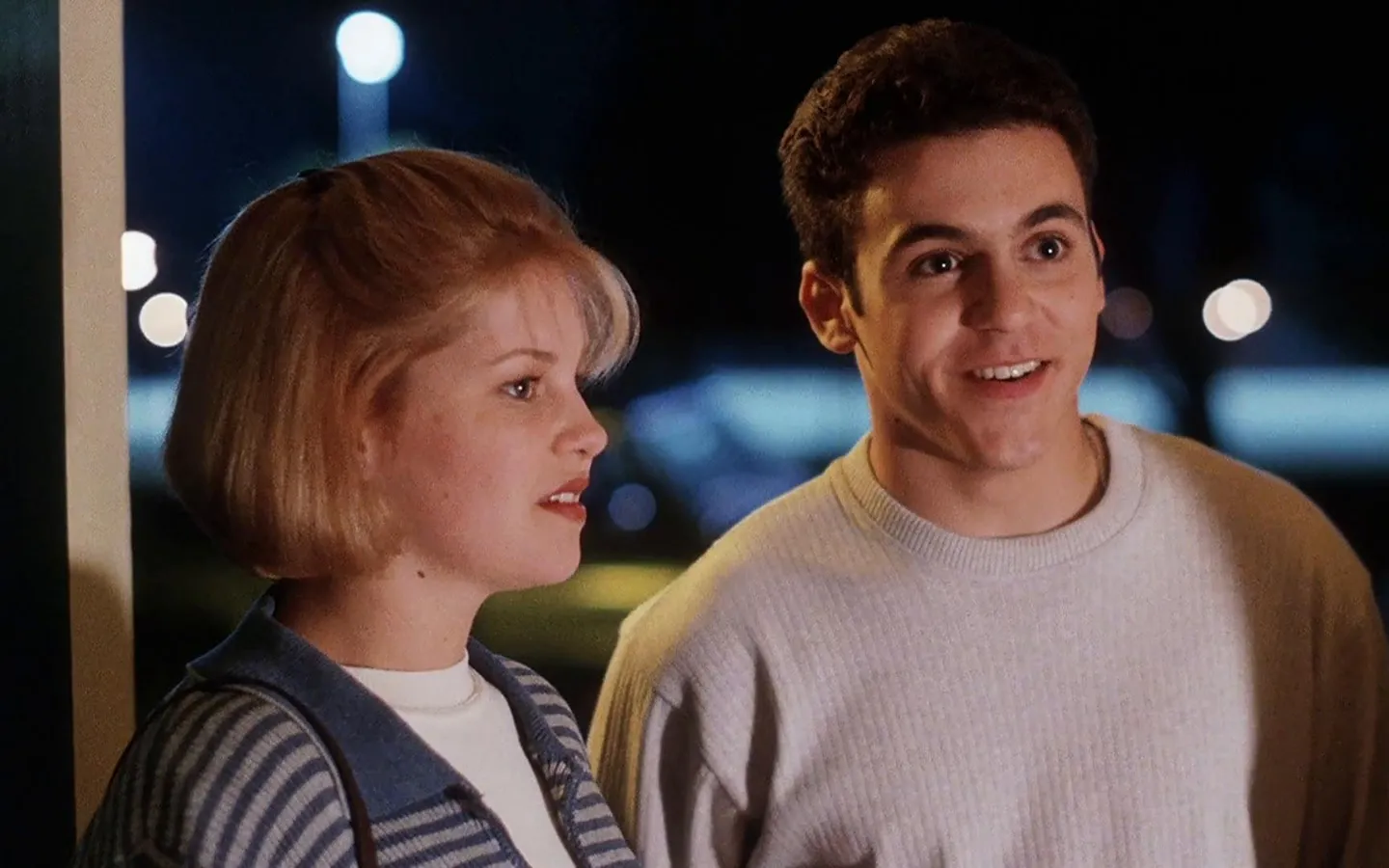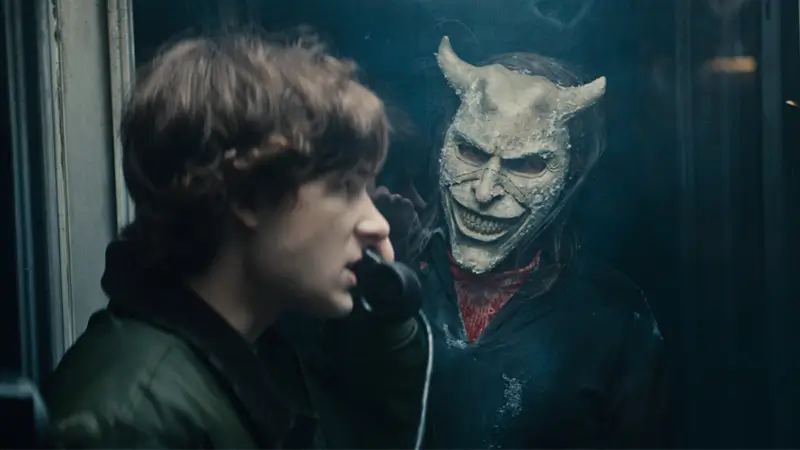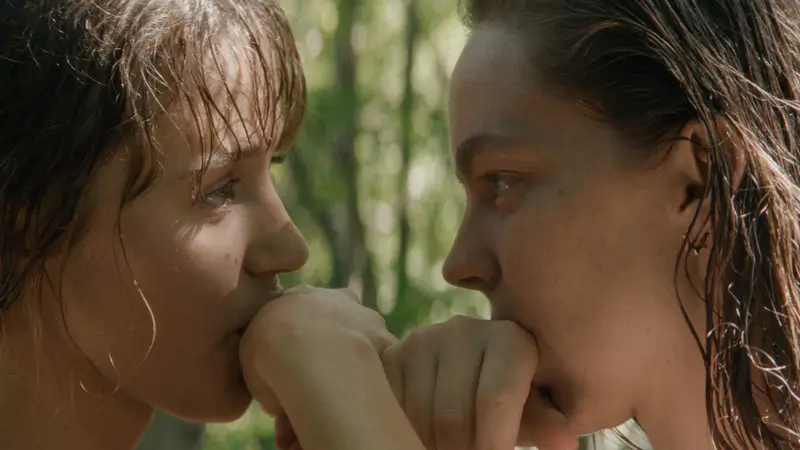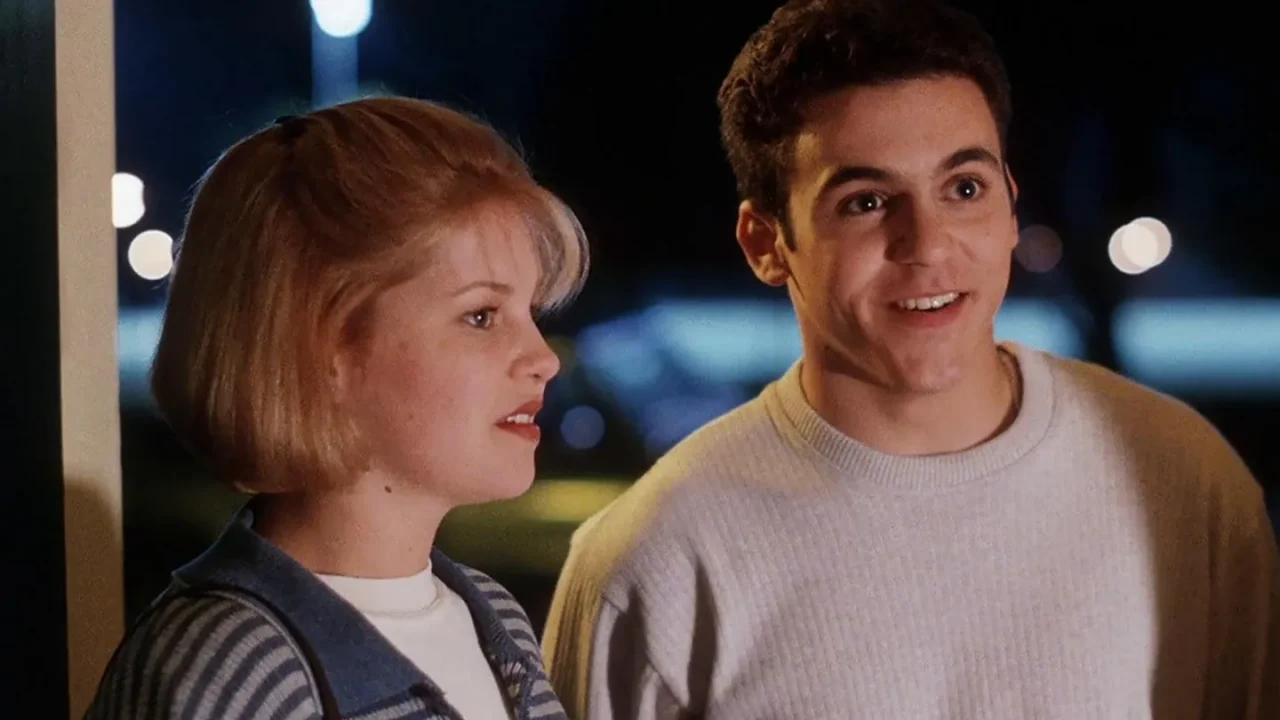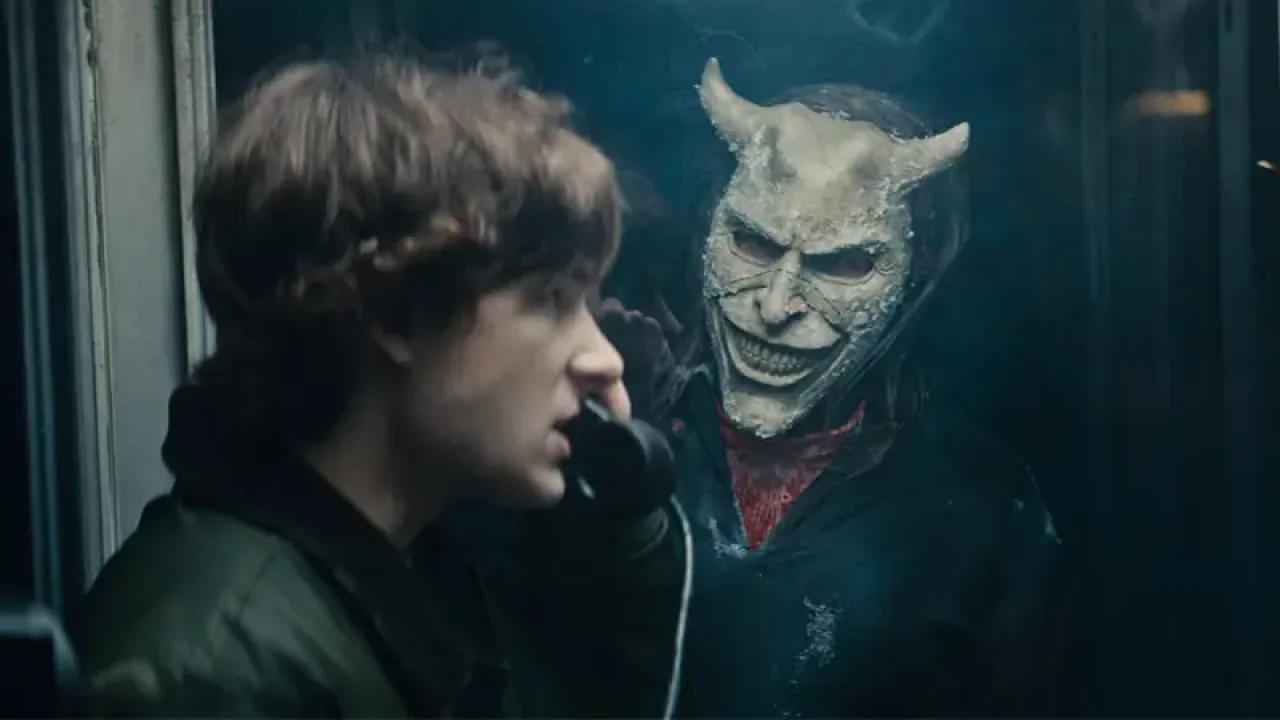At first glance, the Spain-France co-production Sirât, directed by Oliver Laxe, and the American film Eddington, by Ari Aster—both screening in competition at the 78th Cannes Film Festival—don’t seem to have much in common.
In Sirât, Luis (Sergi López) and his son Esteban (Brúno Nuñez) leave Spain for a rave in Morocco to search for Luis’s missing daughter and Esteban’s sister, whom they suspect is there. Along the way, they join a diverse group of electronic music revelers, including Stef (Stefania Gadda), Josh (Joshua Liam Henderson), Tonin (Tonin Janvier), Jade (Jade Oukid), and Bigui (Richard Bellamy)—all playing versions of themselves. They hitch rides on trucks toward Mauritania, chasing another secret rave.
In Eddington, Mayor Ted Garcia (Pedro Pascal) and Sheriff Joe Cross (Joaquin Phoenix) clash in the titular small New Mexico town during the early days of the 2020 pandemic. What starts as a feud over mask mandates—Ted supports them, Joe opposes them—spirals into a vortex of conspiracy theories, fake news, and violence. Emma Stone plays Louise, Joe’s wife, who as a teenager once had a child with Ted. Austin Butler portrays an enigmatic, charismatic drifter who disrupts Joe and Louise’s marriage.
- Also check out: Palme d’Or Winners at Cannes
Surprisingly, the two films share thematic parallels that only become clear in their second halves—best left undetailed to avoid spoilers. Both Sirât and Eddington start one way before plunging into genre-blurring twists.
Sirât Dives Into Disillusionment and the Metaphysical
Sirât begins as a gritty realist journey but morphs into a dystopian Mad Max-style adventure, never losing its dark humor. The ravers travel from Europe to dance until dawn in Africa—until war erupts, and soldiers arrive to evacuate Europeans. The group escapes, with Luis and Estebán in tow, only to find themselves in a purgatorial wasteland. In Islam, Sirât is the narrow bridge to paradise; here, it’s a rocky path full of surreal detours—some scenes will leave audiences stunned.
Though the film sustains tension and leverages desert visuals, Laxe seems most fixated on existential questions. “It’s a physical and metaphysical adventure. Symbolism matters. We trusted cinema and imagery to carry multiple meanings,” he said at the press conference.
Themes like grief, privilege erasure in tragedy, or universal refugeehood feel underexplored compared to the film’s wild ride. Laxe summed it up: “Cry, scream—but keep dancing, even if it’s the apocalypse. These are disenchanted yet electrifying times. We must look inward.”
Eddington Tackles America’s Fractured Reality
One of Sirât’s strengths is its makeshift desert family, a stark contrast to Eddington, where neighbors turn on each other, fueled by fake news and conspiracy theories. “The film’s about people inhabiting different realities. Each character has their own version of America,” Ari Aster explained at Cannes.
Years ago, Eddington might’ve read as dystopian, but today its absurdity feels plausible—unlike Sirât’s surrealism. Aster wrote the script “in a state of dread about our world, where no one agrees on what’s real.” He excels at capturing pandemic-era chaos, amplified by years of conspiracy theories that elected Donald Trump—and now loom larger with his return.
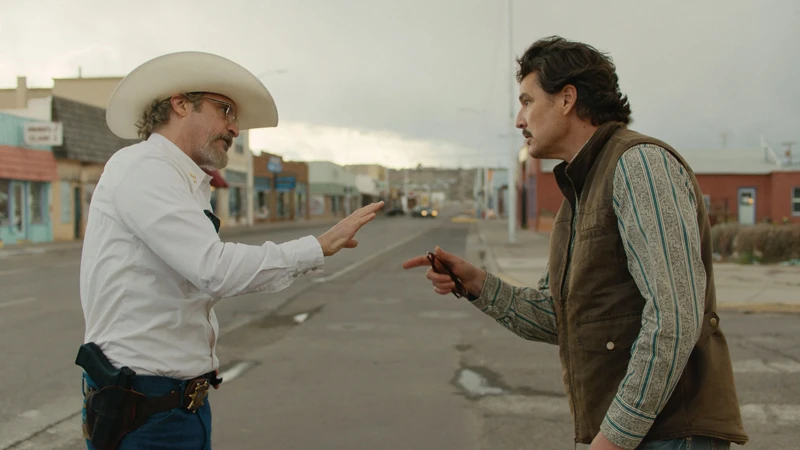
Asked about Latinos in the U.S. being criminalized and deported without cause, Pascal initially hesitated—“actors shouldn’t speak uninformed”—then added: “I want people safe. My parents fled Chile’s dictatorship; I grew up privileged in the U.S. after asylum in Denmark. I stand with protections.”
Aster misses chances to deepen conflicts early on, dragging the first act until chaos erupts. His conflation of male rage with legitimate movements (like post-George Floyd protests) falters, though his contemporary western thrills in action scenes. It lacks the depth of classics in this quintessentially American genre.



